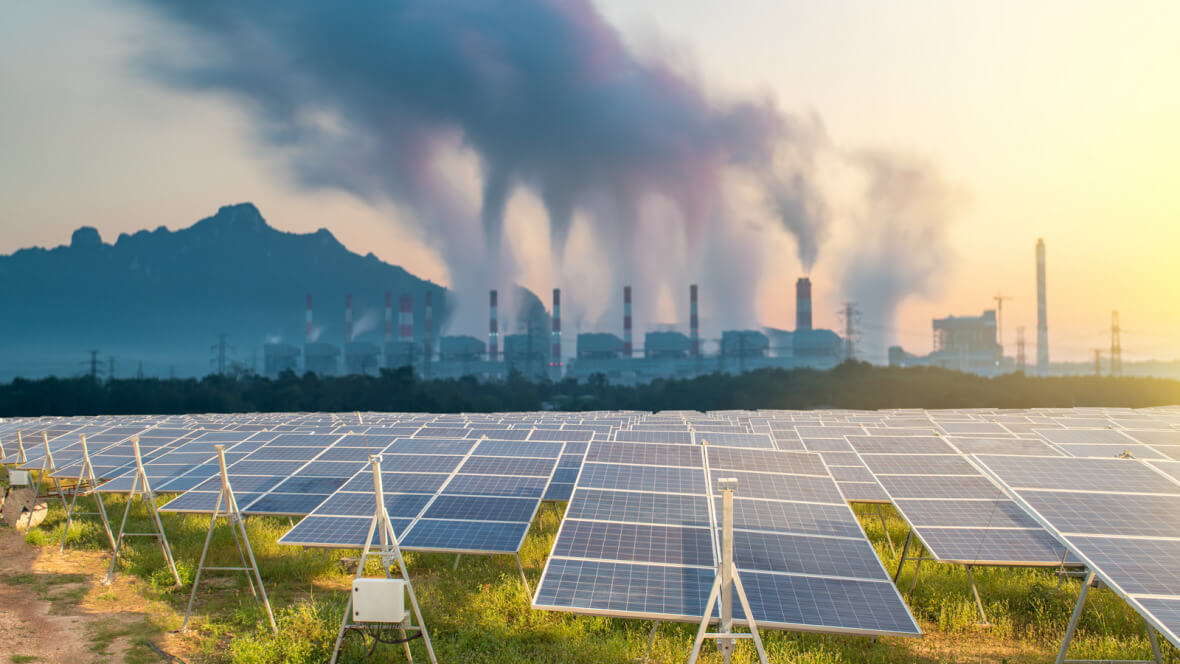The global energy landscape is in the midst of a profound transformation. As the world grapples with the urgent need to combat climate change, the shift towards cleaner, renewable energy sources is accelerating. This energy transition, while necessary for environmental sustainability, carries significant geopolitical implications.
The Changing Energy Landscape
The energy transition is not just an environmental issue; it's a geopolitical one. The shift away from fossil fuels towards renewable energy is reshaping the global balance of power. Countries that have traditionally been major oil and gas producers may find their influence waning as the world moves towards cleaner energy sources. Conversely, countries that are leading the way in renewable energy technology could see their geopolitical influence increase.
The Geopolitical Implications of the Energy Transition
The geopolitical implications of the energy transition are multifaceted. For oil and gas-rich nations, the shift towards renewable energy could lead to economic challenges. These countries have historically relied on oil and gas revenues to support their economies. As demand for these resources decreases, these nations will need to diversify their economies or risk economic instability.
On the other hand, countries that are leading in renewable energy technology stand to gain. These nations could become the new energy superpowers of the 21st century. Furthermore, the decentralization of energy production that comes with renewable technologies could lead to a more equitable distribution of power and resources.
Never doubt that a small group of thoughtful, committed, citizens can change the world. Indeed, it is the only thing that ever has.Margaret Mead

The Role of Oil and Gas Companies in the Energy Transition
Oil and gas companies have a crucial role to play in the energy transition. They possess the capital, infrastructure, and technical expertise necessary to drive the development and deployment of low-carbon technologies. Many oil and gas companies are already investing in renewable energy, carbon capture and storage, and other technologies that could play a significant role in a low-carbon future.
The Challenges and Opportunities Ahead
The energy transition presents both challenges and opportunities. The shift towards cleaner energy sources will require significant investments in infrastructure and technology. Current supply chain issues could make securing the necessary materials slow and expensive. However, the transition also presents opportunities for innovation, job creation, and economic growth.
Our takeaway
The energy transition is reshaping the global geopolitical landscape. As the world moves towards cleaner energy sources, the countries and companies that can successfully navigate this transition will be the ones that shape the future of global energy. The challenges are significant, but so too are the opportunities. The energy transition is not just about mitigating climate change; it's also about creating a more equitable, sustainable, and resilient global energy system that satisfies national security prerogatives.


